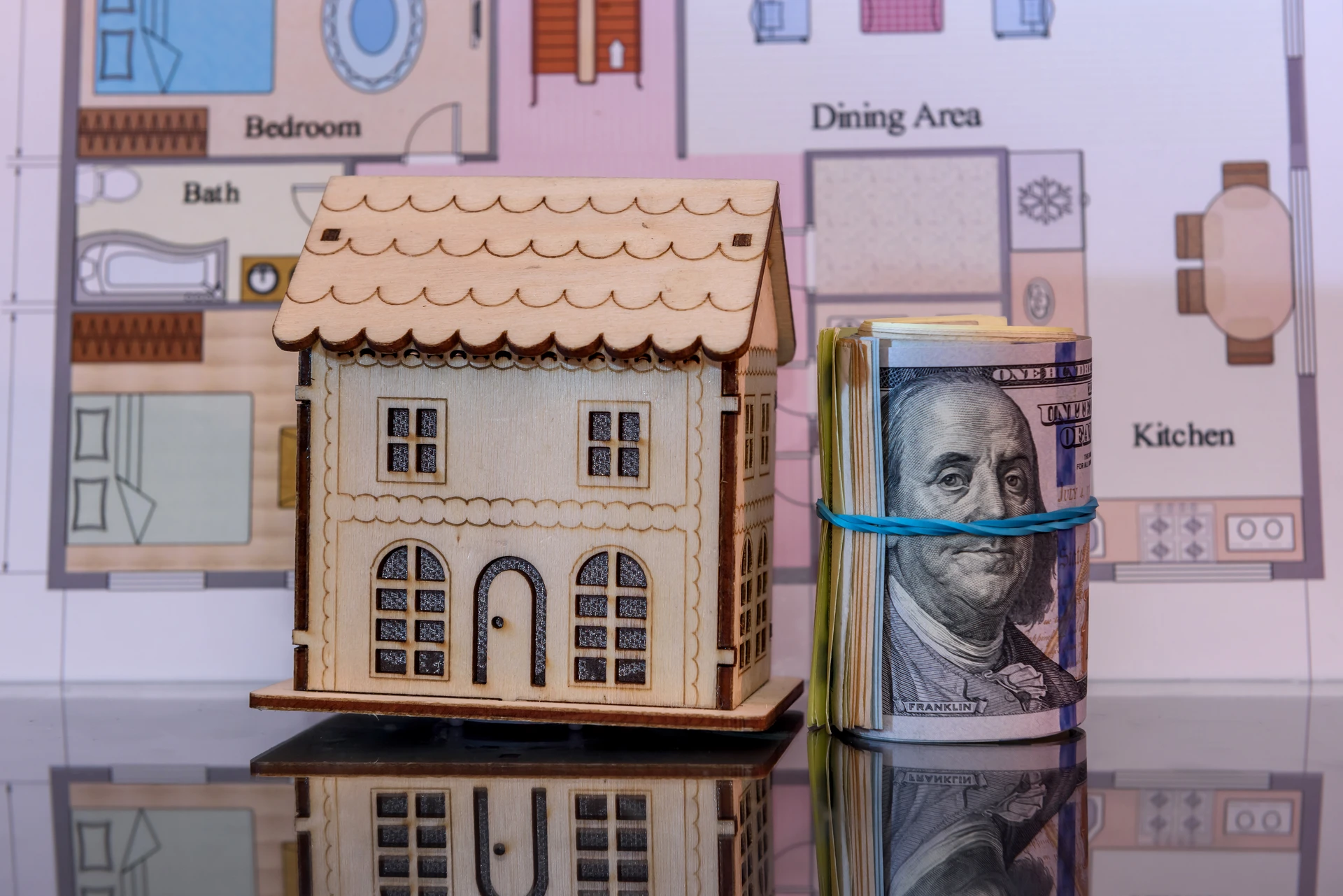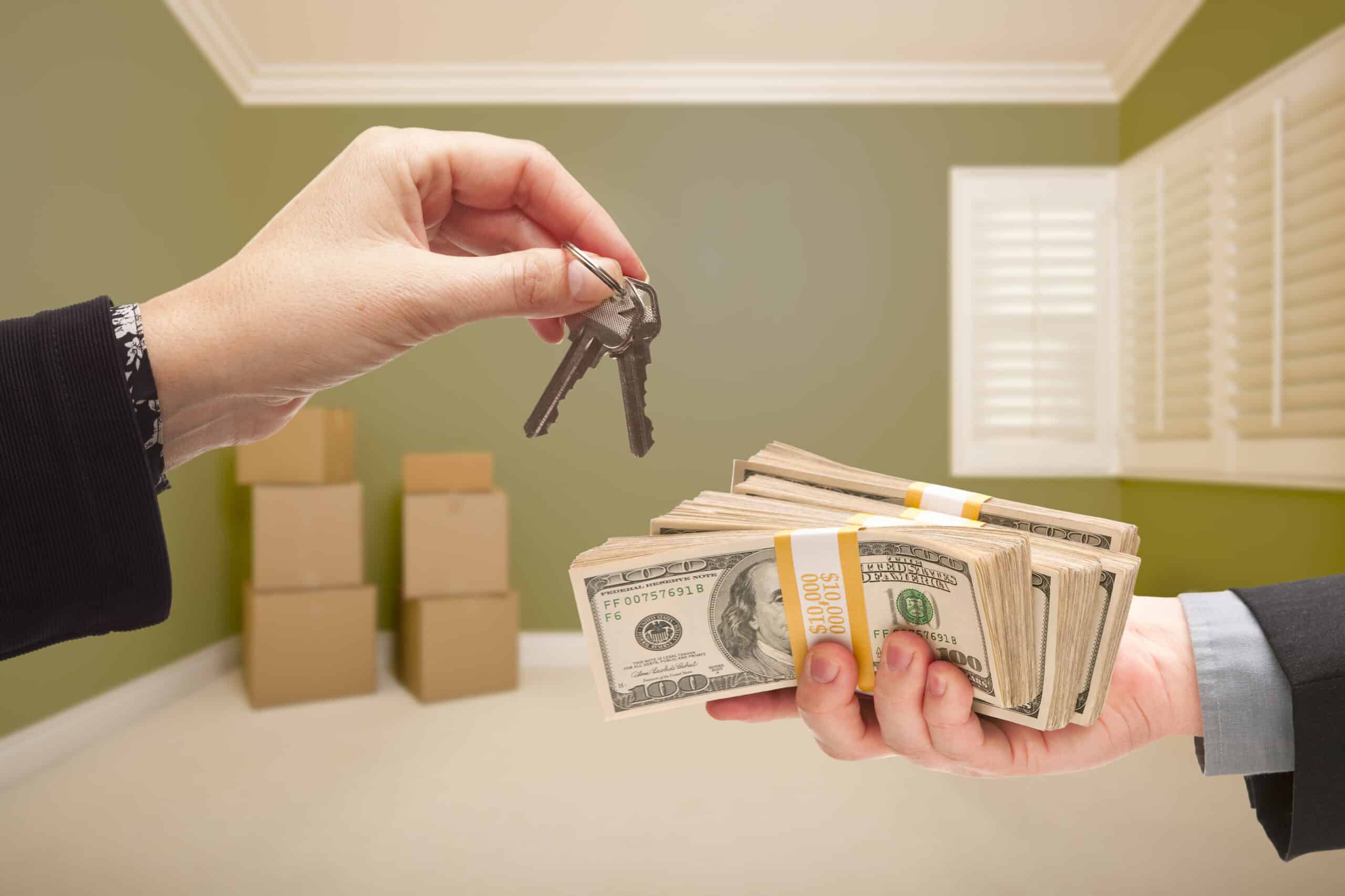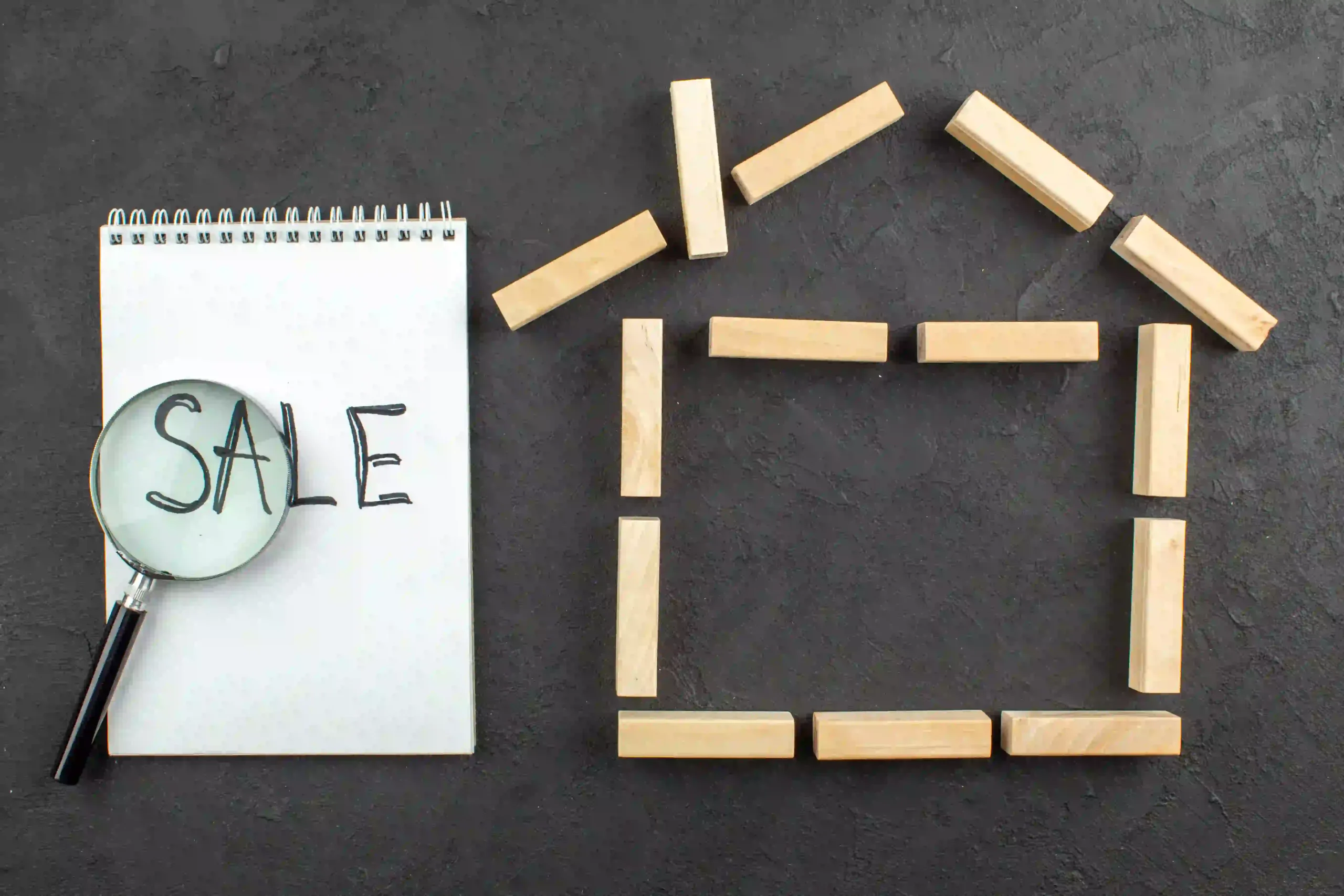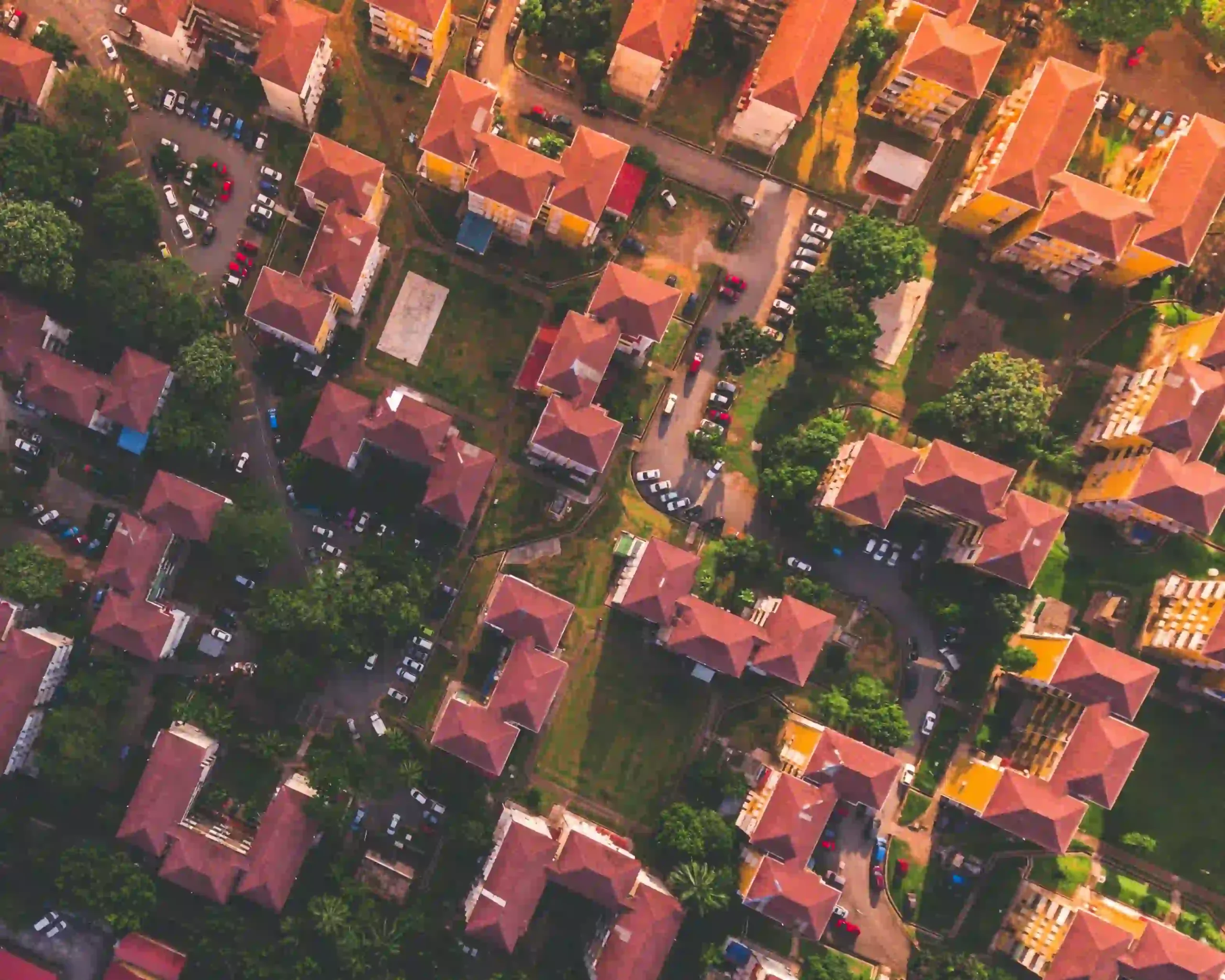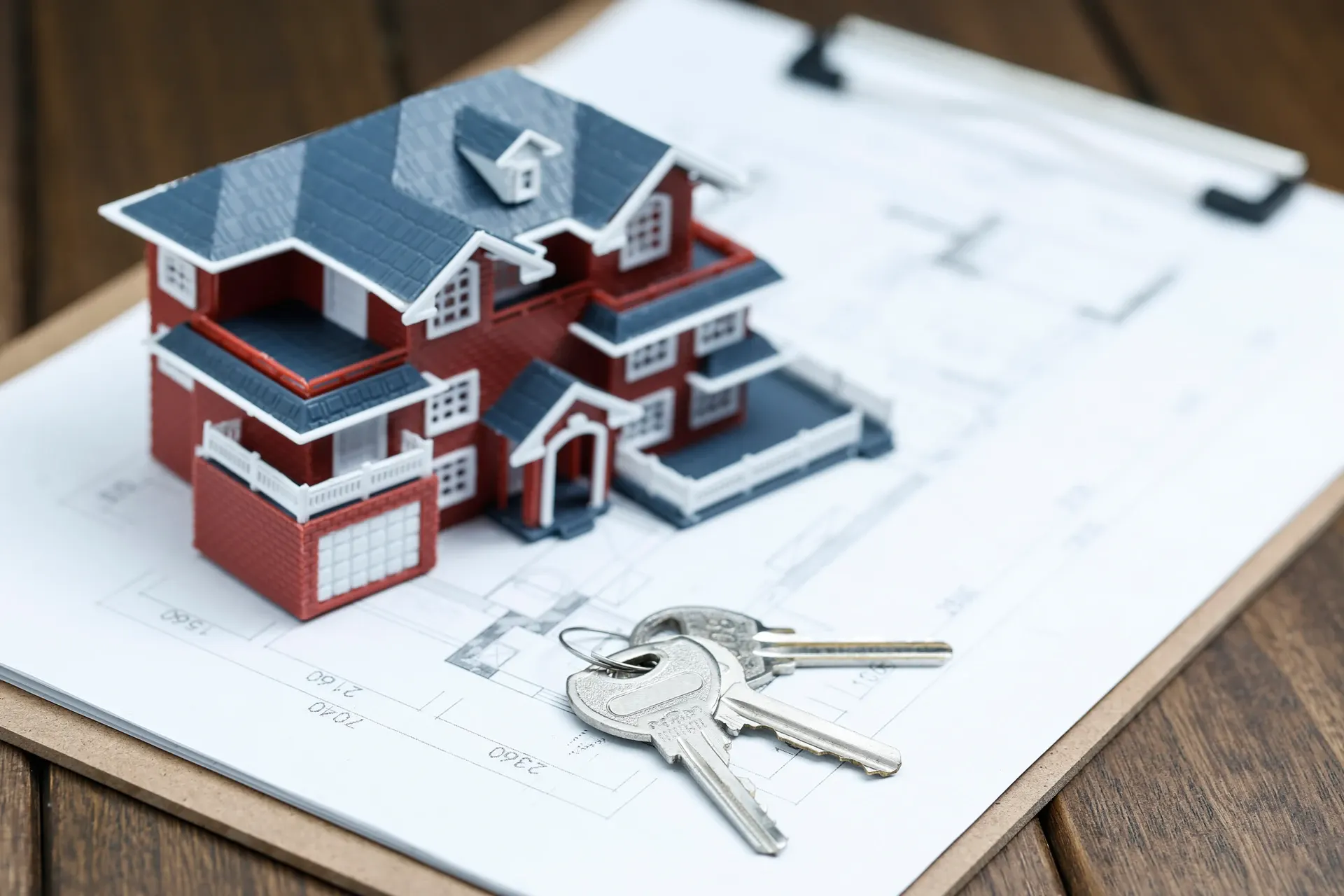
Sell Your House or Renting It Out? The Reality Of Everything

Whether to sell your house or rent it out depends on your situation, such as your need for immediate cash and future housing plans. Selling your house for a cash offer might be the better option if you need the proceeds for your next home or stand to make a significant profit.
On the other hand, renting it out could be a smart move if you’re seeking additional income or relocating temporarily and plan to return. If I am looking to sell my house fast for cash, exploring both options carefully can help me make the best decision.
Get your fair cash offer in 30 seconds
We make 200+ offers every day nationwide in every US city
Deciding whether to sell your house or rent it out is a significant financial decision that requires thoughtful evaluation. While both options have their benefits, selling your house may be the better fit for your unique needs. Let’s explore the key factors that can help you determine if it’s the right time to sell your house, especially if you’re looking to sell your house fast for cash. With options like getting a cash offer or working with companies that say “We buy houses for cash,” selling may provide the swift financial relief you’re seeking.
Should I rent or sell my house fast for cash?
Should you rent or sell your house? It depends on your situation. If you need cash quickly or want to avoid the hassle of being a landlord, selling might be the best option, especially if you can get a cash offer. Companies like cashofferoption. co, 99offers.io would help you choose the best cash offer. Renting, however, can provide steady income and let you hold onto the property if its value is expected to rise. Consider your financial goals and plans when making the choice.
Get your fair cash offer in 30 seconds
We make 200+ offers every day nationwide in every US city
When selling your house becomes a good option
If you need the cash to purchase your next home.
To sell your house is likely the best option. When your ability to buy a new property depends on accessing the equity from your current one, selling allows you to use the proceeds toward a new down payment. In this case, if you want to get a cash offer or work with companies that say “We buy houses for cash” can simplify the process and help you secure funds quickly. Since buying a new home while selling your current one can be a complex balancing act, it’s important to work with an experienced real estate agent who can guide you through each step.
When You Prefer Not to Be a Landlord
If you have no interest in being a landlord, the most favorable option is to sell your house. Managing rental properties can be time-consuming and require ongoing maintenance, so if you prefer to avoid these responsibilities, selling allows you to move on without the burden of managing tenants. Choosing to sell your house can provide you with a clean break and immediate cash, especially if you opt for a cash offer from companies that say “We buy houses for cash.”
If You Can Benefit from Capital Gains Tax Exemptions
If you sell your house for a profit, you could potentially exclude up to $250,000 of capital gains from your taxes (or up to $500,000 for married couples filing jointly), provided the home has been your primary residence for at least two of the last five years, among other criteria. If you qualify for these capital gains tax exemptions, to sell your house can be particularly advantageous. It allows you to maximize your financial benefit and keep more of the proceeds. If you need to sell quickly, consider options to get a cash offer or work with companies that say “We buy houses for cash.” These methods can help me sell my house fast for cash and fully leverage the available tax benefits.
If you are willing to make an incredible profit
Home values have increased significantly nationwide, and prices are still high. Depending on how long you’ve owned your property, its original cost, and the current market conditions in your area, selling could yield a considerable profit. Check recent sales of comparable homes nearby to gauge your property’s potential value. If you’re ready to sell your house, consider either to get a cash offer or work with companies that say “We buy houses for cash.” These solutions can help you sell your house fast for cash and capitalize on the strong market.
Get your fair cash offer in 30 seconds
We make 200+ offers every day nationwide in every US city
When renting your house becomes a good option
- If you move to a new house for a short-term
If your move is temporary, renting out your house might be a better option than selling. Renting allows you to maintain ownership of your property and generate rental income while you’re away. This can be especially beneficial if you plan to return to your home in the future or if you want to retain the property as an investment. However, if you prefer not to manage a rental or need immediate cash, then the better option is to sell your house to get a cash offer. Renting is knowing that there will be a place for you to live when you return, provides peace of mind and when you factor in closing costs, it may even cost less than selling and purchasing another home at a later date.
- If you want a steady income
Extra income from renting out your current home can be tempting! However, if you choose to rent and also plan to buy another home with a mortgage, be aware that lenders will consider your rental income when evaluating your financing. Often, only a portion of this income may be counted by the lender. Additionally, you’ll be responsible for two mortgages simultaneously, so ensure you’re financially prepared to handle both before making a decision.
When Rental Demand in Your Area is High
If rental demand in your area is high, renting out your current home could be a lucrative opportunity. Strong demand means you’re likely to find tenants quickly and secure a good rental rate, providing you with a steady income stream. This can be a great way to generate extra profit while holding onto your property. However, if you’re also looking to buy another home, keep in mind that lenders may consider your rental income when determining your mortgage options, and you’ll need to manage two properties and potentially two mortgages.
When You Expect Home Values to Increase in Your Area
While it’s impossible to predict the housing market with complete certainty, you can make an informed guess based on current trends. If you anticipate that your home’s value will rise in the near future, renting it out now and selling later could be a strategic move to benefit from potential price appreciation. This approach allows you to generate rental income while waiting for your property’s value to increase.
Costs to Consider When You Sell Your House vs. Rent
Both renting and selling your house involve various costs. A crucial factor to consider is whether the rental income will adequately cover the mortgage and maintenance expenses. To assess potential rental income, compare the rates of similar properties in your area and weigh them against your property’s costs. This evaluation will help you determine if renting can offset your expenses and possibly even yield a profit, or if it might be better to sell your house instead.
Costs of Renting Out a Home
- Mortgage: Even with rental income, you’re still responsible for paying the mortgage, which might not always be fully covered by the rent. Property taxes are also your responsibility.
- Insurance: You’ll need landlord insurance, which covers damages or injuries on the property. This policy typically costs about 25 percent more than standard homeowners insurance, which you’ll still need to maintain.
- Maintenance and Repairs: Regular maintenance is crucial to keep the home in good condition for tenants. Budget around 1 percent of the home’s value annually for maintenance, with higher costs for older properties.
- Finding a Tenant: Marketing costs, such as advertising, and background and credit checks for potential tenants may be necessary. Sometimes, you can pass these minor costs onto the tenant.
- Vacancies: Periods between tenants can lead to lost rental income, so consider the financial impact of vacancies.
- Property Management Fees: If you hire a property management company to handle day-to-day operations, expect to pay about 10 percent of the rent collected.
- HOA Fees: If your home is part of a homeowners association, you’ll need to pay HOA fees, which vary depending on the amenities provided.
Costs of Selling Your House
- Agent Commissions: Traditionally, the commission for real estate agents has been between 5 and 6 percent of the sale price, split between the seller’s agent and the buyer’s agent. Starting this summer, due to a legal settlement by the National Association of Realtors, buyers might pay their agent’s commission directly in some deals. However, if you sell your house, even a single agent’s fee can be substantial. For instance, on a $400,000 sale, a 2.5 percent commission is $10,000.
- Home Improvements: To make your home more marketable, you may need to invest in improvements. This could involve enhancing landscaping, performing a deep cleaning, making necessary repairs, and possibly staging the home to attract higher offers.
- Closing Costs: Besides agent commissions, you’ll encounter additional closing costs such as attorney fees, transfer taxes, and title insurance.
- Mortgage Payoff: If you have an outstanding mortgage, some of the proceeds from selling your house will go toward paying off the remaining balance of your loan.
Get your fair cash offer in 30 seconds
We make 200+ offers every day nationwide in every US city
What to Consider if There’s a Recession
In a recession, home sales might slow and values could drop, making it harder to sell at a good price. Renting might become more attractive due to increased demand, but be ready for potential rental income fluctuations. Assess your financial stability, job security, and ability to handle multiple mortgages or reduced rental income. Consider these factors to decide whether to sell or rent your house.
Conclusion
If you’re seeking immediate financial gain, want to avoid the hassle of managing a rental property, or wish to capitalize on favorable market conditions, deciding to sell your house might be the smartest choice. However, if you’re comfortable being a landlord and believe renting out your property offers long-term financial benefits, renting could be worth exploring. Ultimately, your decision should be based on a thorough assessment of your financial goals, market conditions, and personal circumstances. Consulting with a real estate professional can also help you make the best choice when you decide to sell your house or rent it out.
FAQs:
Is it smarter to rent or sell your house?
Deciding between renting and selling can be challenging. Selling is usually better if you need immediate funds for your move. However, if you have time and want to generate extra income, renting might be advantageous.
Do you make more money, renting or selling a house?
- Long-Term Profit: Renting allows you to collect rental income and benefit from property appreciation over time.
- Immediate Cash: Selling provides a lump sum of cash right away but stops future earning potential from the property.
Is it better to sell a paid-off house or use it as a rental?
This depends on your goals and willingness to manage the property. If you prefer not to be a landlord, selling might be the better option. If you want ongoing income and can handle property management, renting could be more profitable.
Is it better to keep or sell your house?
Generally, holding onto an investment property can be more profitable in the long run due to potential appreciation. Consider your long-term financial goals and how the property fits into them.
Why do properties fail to sell?
- Unreasonable Asking Price: Setting a price too high can deter buyers.
- Major Structural Issues: Significant problems can limit buyer interest.
- Low Demand Area: Properties in less desirable locations may struggle to sell.
Get your fair cash offer in 30 seconds
We make 200+ offers every day nationwide in every US city



